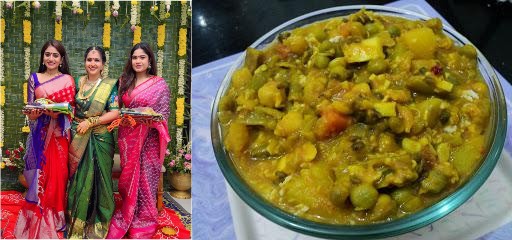Duti Bahana Osha & Ghanta Tarkari : A Sacred Celebration of Faith and Motherhood
By Lokanath Mishra
For every Odia mother, Dutia Bahana Osha is more than a ritual — it is an act of love, faith, and sacrifice. Whether celebrated on the banks of a village pond in Odisha or in the backyard of a home in the United States, this festival reminds us of the eternal connection between mother, child, and Divine Providence.
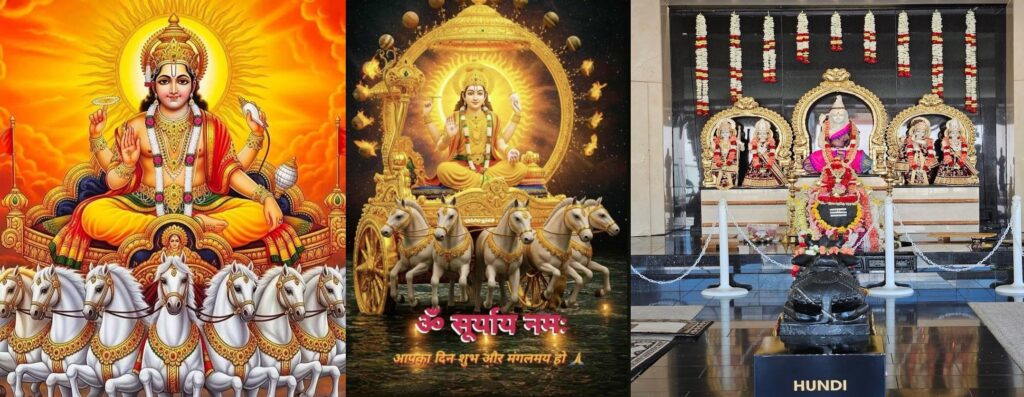
Purpose of Dutia Bahana Osha
Mothers observe this Osha with a nirjala upavasa — a complete fast without even a drop of water — offering prayers for:
• The long, healthy, and prosperous lives of their sons
• The blessing of children for those who are childless
• The protection of children from danger, untimely death, and misfortune
It is also observed by sisters in some regions for the well-being of their brothers.
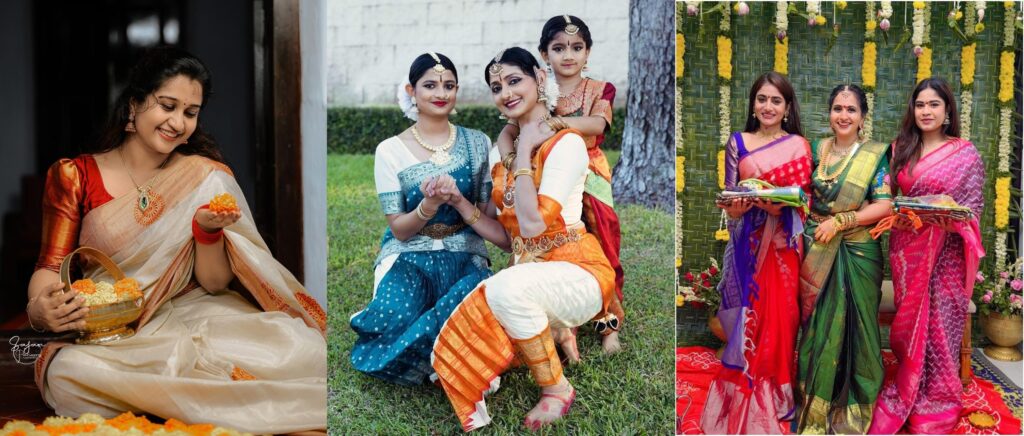
How It Is Observed
Preparations
One day before the Osha, women gather fruits, grains, and sacred items with devotion.
• 108 rice grains, 108 blades of duba grass, flowers, banana, coconut, sugarcane, gourd, pomegranate, cucumber, and at least 21 varieties of vegetables are collected — symbolizing abundance and prosperity.
• The pond or riverbank is cleaned, purifying the space where the ritual will take place.
The Main Day
• Early Morning – Women wake before sunrise, take a holy bath, and start their fast.
• Sacred Altar (Kothi) – In the evening, a small altar is built of mud, shaped like a tiny island surrounded by water. Tulsi and banana plants are placed on it, representing life, fertility, and the divine connection to nature.
• Worship –
• The Sun God (Surya) is worshipped in the east.
• A banana plant is worshipped in the west, representing Jimutavahana, the presiding deity of this Osha.
• Offerings – Khiri (rice pudding), pitha (rice cakes), fruits, and curries (without certain leafy vegetables like leutia saga) are prepared as offerings.
• Listening to the Story – The most important part of the night is listening to the Osha Katha — the sacred story — which teaches the values of truth, devotion, and faith.
Next Morning (Parana)
Women bless their sons by tying Jiuntia (sacred thread) on their wrists as a protective charm, wear fresh clothes, and offer Ghanta Tarkari made from all the ritual vegetables to the family and neighbors.
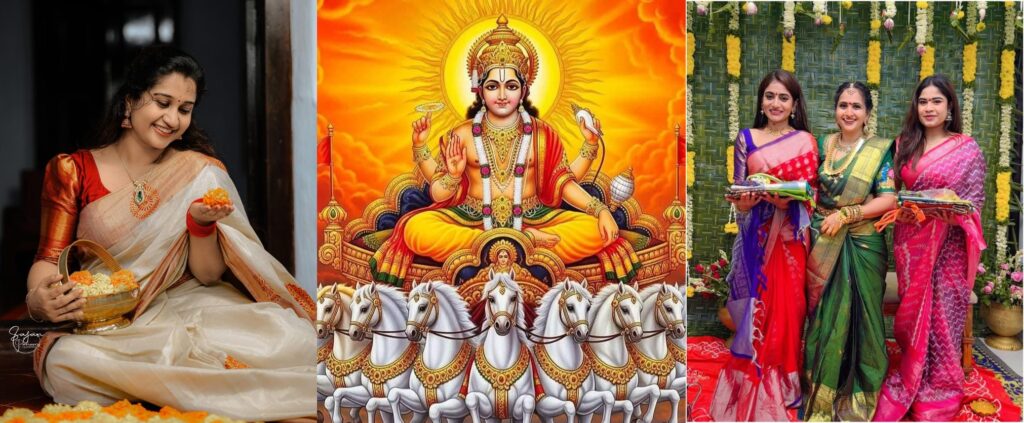
The Full Story of Dutibahana’s Birth
Once upon a time, in a small village, lived a poor Brahmin widow. She earned her living by pounding rice with the help of a maid.
One year, in the month of Ashwina, the king ordered that every household must deliver a certain quantity of rice within four days. Unfortunately, continuous heavy rains made it impossible for the widow to dry the paddy and pound it in time.
In deep despair, she prayed to Surya Narayana (the Sun God) with folded hands:
“O Lord Surya, savior of the world, I am helpless. If you help me dry this paddy and save me from the king’s punishment, I offer myself to you.”
Hearing her sincere prayer, Surya appeared and with his divine heat dried all the paddy instantly. The widow successfully delivered the rice to the king.
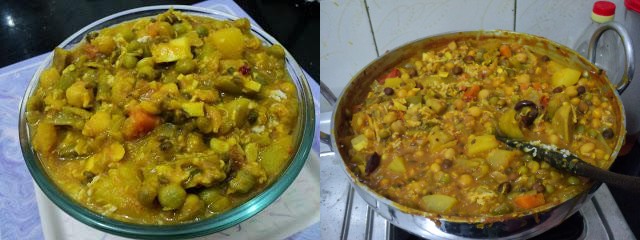
But when it was time to fulfill her promise, fear overcame her. She sent her maid to the Sun God instead of going herself.
The Sun, realizing her deception, became displeased. He wiped his sweat on a patch of leutia saga (leafy greens) growing nearby and left. Later, the widow unknowingly ate that saga.
Months later, she discovered she was pregnant — a matter of great shame for a widow in that time. She gave birth to a son on Ashwina Krishna Ashtami, and named him Dutibahana.
Dutibahana grew up as a bright and virtuous boy. But other children mocked him, calling him illegitimate. Saddened, Dutibahana asked his mother about his father.
The next morning, the widow took her son outside and pointed to the rising sun:
“My child, there is your father — the Sun God.”
Overcome with emotion, Dutibahana folded his hands and prayed sincerely. The Sun appeared before him, took him on his lap, blessed him, and said:
“My son, one day you and your mother will be worshipped on earth. All mothers will pray to you for the well-being of their children.”
Thus, Dutibahana became the divine protector of children, and this Osha was established in his honor.

The Story of the Kite and the Jackal
Another legend teaches the values of sincerity and truthfulness.
Long ago, a kite (eagle) and a jackal saw women performing Dutia Bahana Osha. Curious, they decided to observe it too.
• The kite faithfully followed the rituals, fasted without eating, and stayed awake listening to the story.
• The jackal, however, could not control its hunger. It secretly ate meat at night but lied the next morning, pretending to have kept the fast.
Because of the Osha’s divine power, both were reborn as human sisters:
• The jackal became the elder sister, born as a minister’s wife — but remained childless.
• The kite became the younger sister, a pious housewife blessed with many children.
Out of jealousy, the elder sister killed her younger sister’s children one by one and sent their bodies in baskets and pots.
But because the younger sister had observed Dutia Bahana Osha sincerely, Dutibahana’s divine grace protected her children — their bodies turned into food items (rice cakes, fruits, vegetables) instead of corpses.
Finally, Dutibahana himself appeared as a young boy, shot an arrow made of juhi wood into the elder sister’s womb, removed her curse, and blessed her with children.
This story teaches that:
• True devotion cannot be faked — God sees the sincerity of the heart.
• Jealousy and wrongdoing eventually lead to repentance and transformation.
• Divine grace protects the innocent and restores justice.
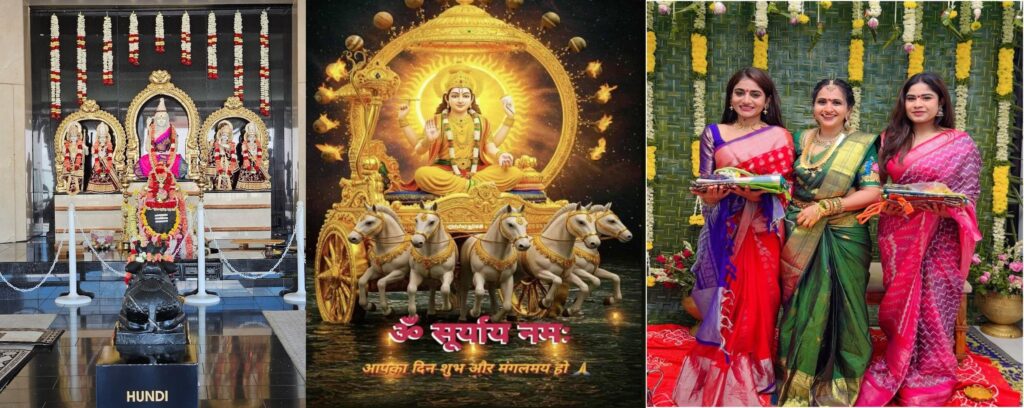
Spiritual Message
Dutia Bahana Osha is not just a mother’s fast — it is a spiritual covenant between humanity and the Divine:
• It reminds us of a mother’s unconditional love and her willingness to sacrifice for her children.
• It teaches the value of faith, truthfulness, and purity of intention.
• It strengthens family bonds and keeps alive the spiritual culture of Odisha, even among Odias living far away.
And finally, the next day’s Ghanta Tarkari — a delicious mixture of all vegetables offered during the ritual — represents unity, harmony, and the blessings of abundance for the entire family.

Even Odias living in the USA continue this tradition by collecting available vegetables from Indian stores, preparing Ghanta Tarkari, and sharing it with neighbors — keeping the spirit of Odisha alive across oceans.
ମାଟିର ସୁଗନ୍ଧ

